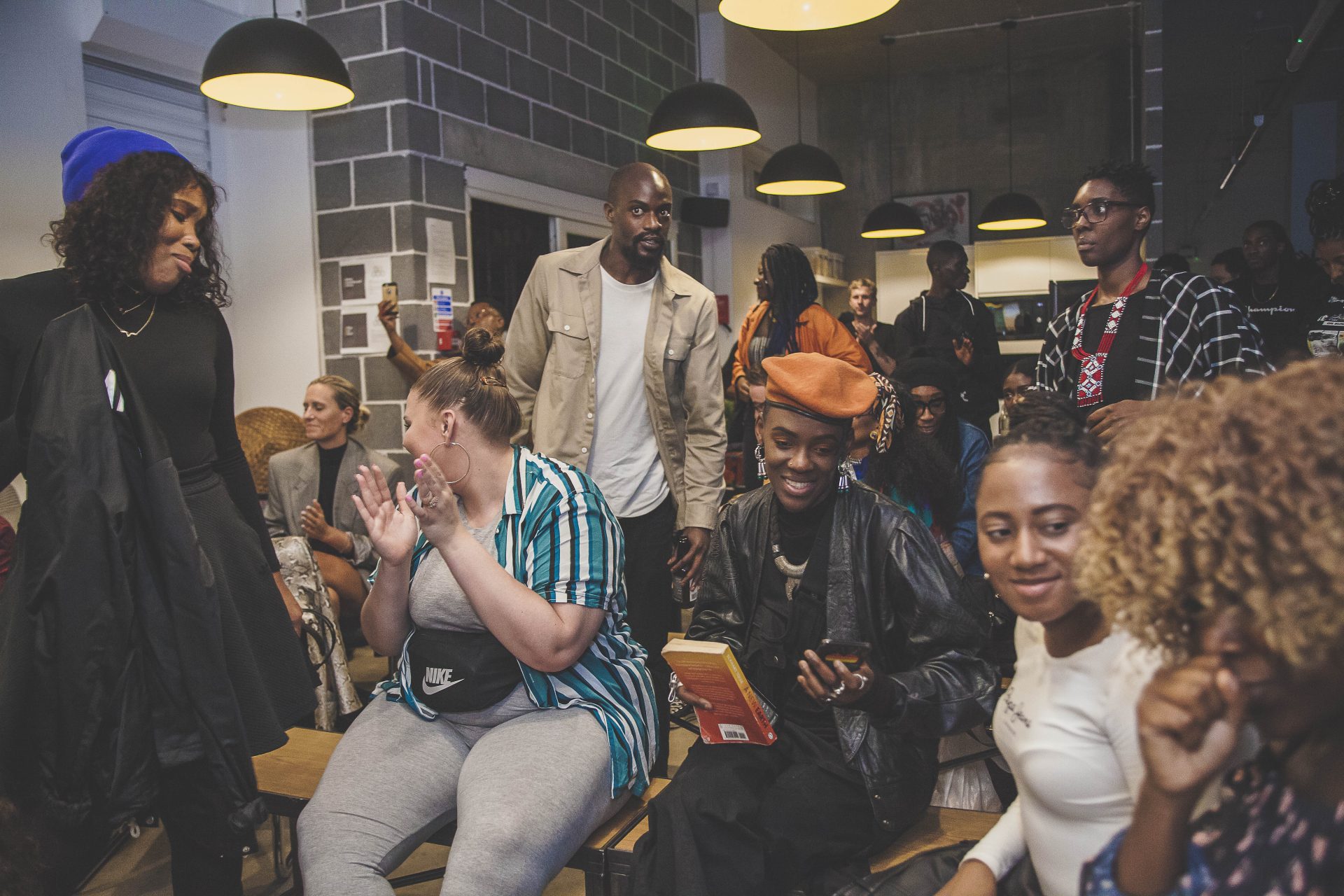As part of our New Systems initiative to support creators during the COVID-19 crisis, we’ve been speaking to artists, DJs, broadcasters and platforms about how the music industry can cope and evolve. We don’t have all the answers. But we firmly believe that it’s through talking and collaborating that we can build new ways of working that are both fairer and more sustainable for audio culture as a whole. Not just during lockdown, but beyond.
Last week, we hosted two discussions with creators from two sides of the globe. The first, an IG livestream ‘In Conversation with…’ Hope St Radio founder Pete Baxter. The second was a roundtable discusssion. Journalist Aimee Cliff was joined by Youth Music UK’s Louise Henry, classical pianist, teacher and Out-Spoken co-organiser Karim Kamar and producer and DJ Elliot Adamson.
Pete Baxter spoke about how his Melbourne community radio station had relied on access to venues to both host and sponsor their broadcasts. With these venues out of the picture, the creative and financial future of Hope St became uncertain. This prompted a shift in how they work.
After putting out a call on social media, Hope St launched on Mixcloud. They then shifted from venue sponsorships to a subscription model. At the same time, instead of broadcasting live “out of social spaces”, the station’s been sharing a more “personal series” of pre-recorded mixes sent in remotely by creators.
The response to this has been extremely positive and Hope St’s listeners have rallied around to support. Allowing them to keep the station afloat and thriving despite lockdown. You can tune into their shows, join the community and support them on Mixcloud.
A challenge many creators face is access to equipment and resources. Hope St Radio champions a lot of creators who are not primarily DJs. Many of them don’t have home set-ups. “People have been sending folders of songs and I’ve been turning them into shows,” Pete tells us.
This isn’t just an issue for established broadcasters, artists and DJs. In this week’s roundtable on music education, we learn about the challenge this poses for disadvantaged children, young people and budding creators just starting their journey with music.
Karim Kamar points out that, because of the crisis, many musicians can no longer afford to live in major cities. Where so much of the industry is focused. This highlights how careers in music can depend so much on where you are and what you have access to. Elliot Adamson mentions how he wasn’t even aware that music was a viable career until he moved to London.

Louise Henry, Grants and Learning Office at Youth Music speaks on the huge impact this has had on music education. Particularly on young people from disadvantaged areas and low-income backgrounds. Some children don’t have access to the internet or music equipment. If they “can’t get online, can’t speak to their music leaders, can’t engage with their friends, don’t have instruments at home” – the crisis “immediately isolates them further.” This only serves to put them even more on the back foot.
For the children Karim teaches, even if they do have access to the internet, they’re too young to learn over video call. The trust built with students over a long period of time has suddenly been put on pause.
COVID-19 has highlighted how important it is for creators of all levels to have access to space, equipment, community and resources. Whether it’s giving more support for music education projects, nurturing scenes outside of major cities, or adapting new models for artists and collectives to support themselves. These are the barriers creators around the world are working to overcome.
“We need to teach young people what it means to develop a skill,” Karim says. “Then learn how to monetise that skill and survive on that.”
Our mission working towards a fairer, more sustainable future for the creative community has never felt more urgent. We’re waiving our Creator Subscriptions revenue share until the end of June and offering extended 90 days Pro trials so you can fast-track to Creator Subscriptions and start getting paid for your work. Find out more here.
What challenges have you faced as a creator in lockdown? Join the New Systems discussion and let us know your thoughts. We’ll continue to work closely with the creator community to workshop solutions for how the industry can change for the better. Check out our article on how creators are looking to become self-sufficient during the crisis.
You can drop us an email, send us a DM or get in touch with us direct HERE
#New Systems
Photo credit: Sanaa Abstrakt
